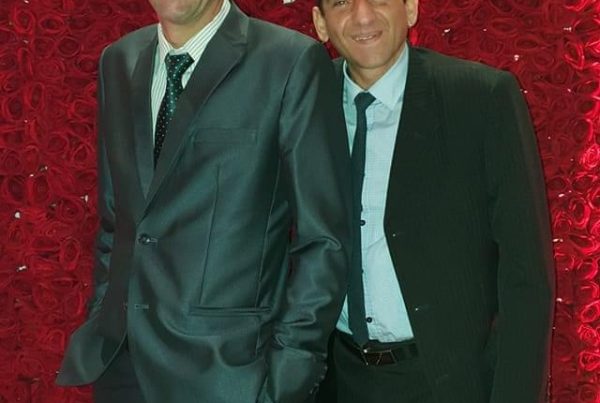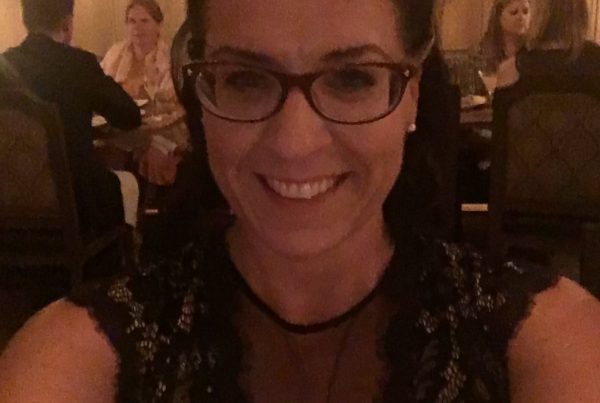You’ve been called in for a job interview, Congratulations! Now it’s time to prepare. First things first, there are different types of job interviews to keep in mind. We’ve listed these below for you.
Types of job interviews
• Phone screening (recruiter or hiring manager calling you and having a conversation)
• Casual or informal coffee interview
• Formal panel interview (with a number of individuals interviewing you)
• Formal one-on-one interviews
• Group interview/role plays or presentation
Phone screening
This is quite common, particularly if there have been a number of applications. It is a quick way
for recruiters or hiring managers to screen out unsuitable candidates based on:
• Residency status
• Notice period
• Location
• Salary expectations
• Communication skills
• Lack of relevant experience
Casual interview
This is more of an informal discussion, however you should still prepare for this in the same way you would for a formal interview. Do not let your guard down, you should be over-prepared than
under.
One-on-one interview
These are formal interviews, often with the HR rep and hiring manager. This interview will test your skills and often will ask you for relevant examples.
Panel interview
This is a very formal interview usually behavioural based. You may have human resources, the hiring manager and 1-2 other stakeholders in this interview.
Group interviews
Common for graduate, retail, hospitality, call centre and emergency services. Presentations, role playing, and group activities are a feature. The intention is to observe your competency throughout
the interview and how you interact with others and solve problems.
Video interviews
Now a lot more common, video interviews are digital interviews which could be conducted through Zoom, Skype or Teams. You should still prepare for this as you would any other interview. Make sure you dress professionally, have good body language, good lighting and the key is to practice your set-up and make sure your technology works ahead of the interview.
Types of questions to prepare for
The most common questions to prepare for are:
• Tell us about yourself
• What do you know about our company?
• What are your strengths? (top 3) How do you use your strengths?
• What are your weaknesses? (These should be authentic. A quality you have to continue to work on)
• Why should we hire you?
• Why are you interested in the job?
Make sure your answers and examples are relevant to the job.
Motivational questions
Designed to understand your motivation for applying for the role. You may be asked things like;
• Why did you apply for the role?
• Where do you see yourself in 5/10 years?
Situational questions
The interviewer will be interested in what you would do in a particular situation:
• How do you handle conflict with a team member?
• What would you do if you couldn’t meet a deadline?
Behavioural questions
These often start with…
• Tell us about a time…
• Describe a situation…
• Give us an example of…
In this scenario, you will be asked for specific examples and stories that have successfully demonstrated a key skill/competency (such as organisation, dealing with pressure, dealing with conflict).
Whatever the interview type, it is important to plan beforehand. Always ensure you have a few examples you can draw on during the interview. You can often tell what interviewers may ask, by looking at the position description and focusing on key responsibilities.
How to prepare
• Read the position advertisement and description well
• Highlight any keywords, phrases or responsibilities
• Understand the behaviours and skills required to do the job
E.g.: We’re looking for a team player who collaborates with colleagues – therefore you should prepare a teamwork example
E.g.: Dealing with conflicts or handling problems – example of handling conflict and solving a problem. You could use a volunteer or personal situation, or study example if you haven’t had that experience at work before.
Highlight your competencies
This is an ability, skill or characteristic that can be measured e.g.: listening, conflict resolution, communication skills. How do you identify competencies? Firstly, read the Position Description (PD) carefully. Highlight the keywords or competencies required and mentioned in the Position Description.
Focus on the key selection criteria such as:
• Leadership
• Teamwork
• Communication
• Conflict resolution
• Customer focused
Examples of competencies could include:
Customer service:
• Customer service
• Verbal communication skills
• Written communication skills
• Conflict resolution
• Time management
• Teamwork
• Resilience
Sales:
• Relationship building skills
• Verbal communication skills
• Negotiation skills
• Results-focused
• Teamwork
• Resilience
STAR RESPONSE
When answering behavioural questions you must use the STAR structure. You will be disadvantaged in a competitive interview process if you don’t use this structure.
SITUATION (10%)
Where are you? What happened/problem?
TASK (10%)
What did you have to do?
ACTIONS (60%)
The steps you took/behaviours you demonstrated? Describe the steps you took to resolve the conflict and
the behaviours you demonstrated.
RESULTS (20%)
How effective were you? Provide measurable outcomes
How do you know what you did worked?
This provides structure to your story. You should spend most of your time focusing on your actions. This will highlight that you know how to deal with the problem.
Underlying behaviour
Understand the underlying behaviours or actions that you demonstrated with the competency for e.g. Teamwork. Below are some examples of underlying behaviours:
• Shared information with the team
• Asked colleagues for feedback
• Kept them up to date
• Listened to other ideas
• Responded quickly to their requests
• Created a document to help communicate between the team
Four keys to success
1. Use relevant examples
2. Use specific examples
3. Structure of response – STAR
4. Correct timing
Interview practice
Keep your responses relevant, short and succinct. Use ‘I’ statements, rather than we statements. Make sure you include a list of ACTIONS the panel can note down. Where possible, quantify your results ($, %, feedback).
• Draft your answers in the STAR structure
• Write them down, read aloud, time yourself (2 mins for general, 3 mins for behavioural)
• Record yourself and play it back
• Ask family and friends to do mock interviews with you
What questions should I ask?
You are also interviewing the organisation or role. It is a good idea to ask questions regarding both.
• Ask open-ended that will create a two-way conversation
• Ask questions that haven’t been covered
• Ask questions that can’t be answered from a website
• Ask questions that will build rapport
For e.g: Can you talk about the team and their background? What are the priorities in the first 6 months? What does the training look like?
Prepare a closing statement
• Plan and practise what you will say at the end of the interview
• Thank the interview panel for their time
• Reinforce your interest in the role and why you believe you are a strong candidate
• Politely ask about the next steps, should you be successful
Follow up
• Send a professional, well-written email thanking them
• Get someone to proofread it, making sure there are no errors
• Keep it short and concise but mention something about the role that was discussed in the interview
• Reinforce your interest again
Good luck! It can take a few interviews to feel comfortable and get the job! Don’t put too much pressure on yourself if you don’t get an offer. Take notes and learn from each experience.
Download this information as a PDF –Interviews




